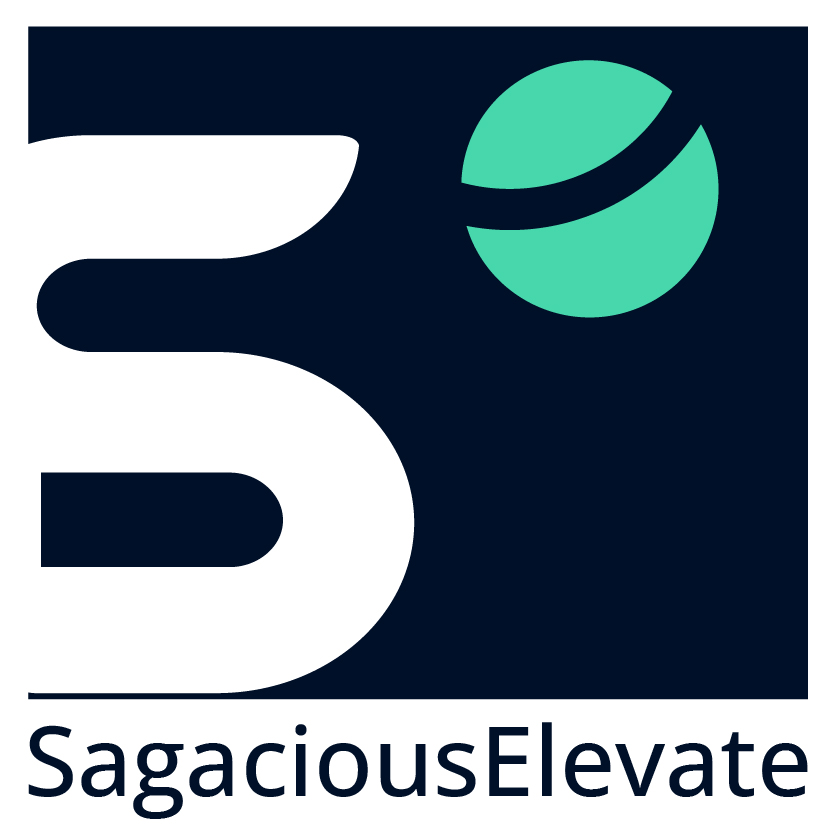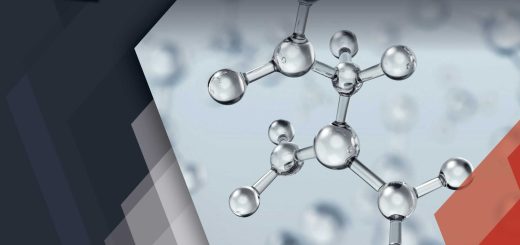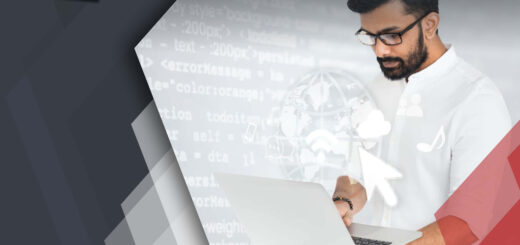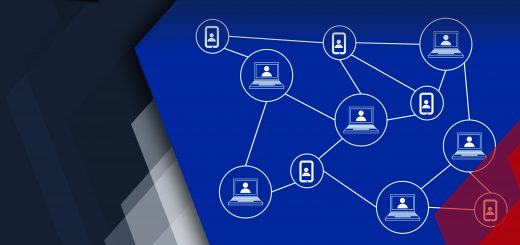IP Protection: Types of Pharmaceutical Patents
The current age of rapid innovation needs hard work to bring a drug or a pharmaceutical compound to the market. Since the effort and money invested in this process is remarkably high, it is necessary to safeguard new inventive products in this field via patents. Patents allow innovators/companies to reap the benefits of their innovation exclusively. Thus, businesses operating in the pharmaceutical sector must know the types of Pharmaceutical Patents through which they can protect their innovations adequately.
Table of Contents
Pharmaceutical Patents
Knowledge is an essential factor for driving development in this era, wherein much importance is to ideas and inventions. Not only do inventors have immense opportunities to showcase their ideas and creative work, but also significant chances to earn economic rewards. For instance, people pay more for an iPhone than actually the amount required to create it. This is because a considerable chunk of buyer’s money is a reward for inventors/innovators for the development of the iPhone.
The aforementioned aspect stands true for pharmaceutical innovations as well. It’s a profound knowledge-driven sector wherein drug development is a process that is costlier, involving billions of dollars. Hence, it is important that innovators extract their invested money from the economy. Otherwise, innovation and development will be hampered. In this regard, patents play a crucial role in safeguarding innovation by providing exclusivity to innovators over its benefits.
In the field of medicine, various types of patents are available for innovators or companies to protect and monetize their invention(s) accordingly. Let’s discuss those in the section below.
Also Watch: Performing Prior-Art Search in Pharmaceutical Domain – A Structured Approach – Webinar
Types of Pharmaceutical Patents Available to Inventors
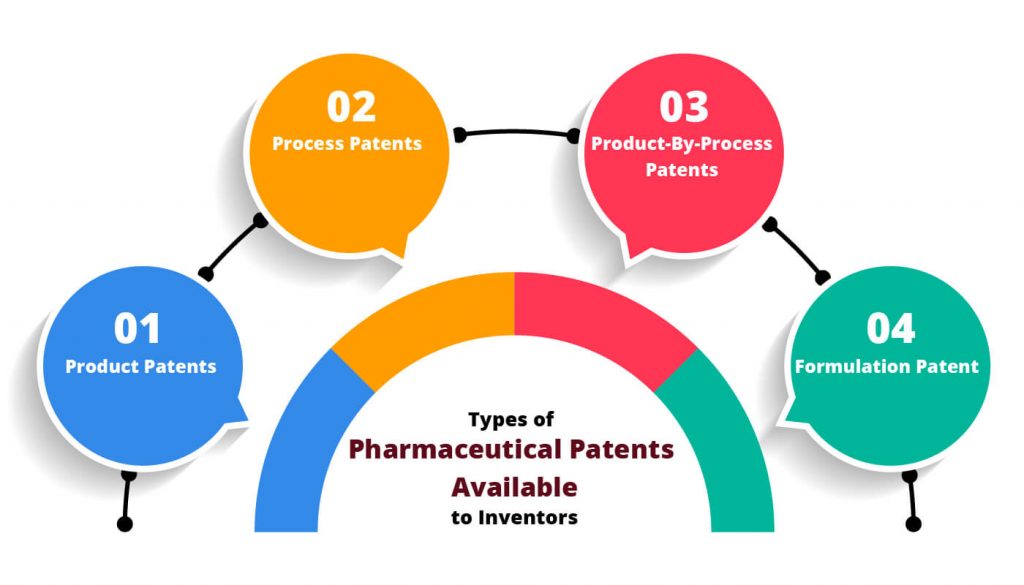
1. Product Patents
A product patent is an exclusive right for the original inventor(s) for a tangible product that he/she has created. With these rights in place, no other manufacturer can create/manufacture/develop/provide the same product through the same or any other process. The violation of this guideline can lead to infringement of patents. Most of the developed countries such as the United States, the United Kingdom, France, Germany, and Canada offer product patent regime to inventors. Similarly, most of the countries that are signatories to the Trade-Related Aspects of Intellectual Property Rights (TRIPS) agreement also follow the product patent regime.
The major benefit of a product patent system is that it gives a higher level of protection to the inventor. However, the disadvantage is that there are lesser number of competitors in such a regime. This increases the chances of monopoly, which can be a major problem in underdeveloped societies where a larger fraction of the population struggles for basic necessities.
2. Process Patents
Process patent is a kind of protection for the inventors for a certain process of creating or manufacturing a product. Most of the developing countries such as India and Argentina offer a process patent regime to their inventors and creators. In other words, under a process patent regime, the protection grant is for a particular manufacturing process and not for the product itself. One may produce the same product with some other process or by simply altering various parameters of the method.
The major benefit of having a process patent regime is that the government has control over the monopoly of mighty multinational companies and it can safeguard the interests of the poor. However, the drawback remains that such a regime may discourage pharmaceutical companies from investing their hard-earned money in an ecosystem characterized by low-profit margin. Compulsory licensing is a common practice in such a patent regime wherein government can force companies to manufacture certain products for the sake of public interests.
3. Product-By-Process Patents
A product-by-process patent/claim describes a product in terms of the method used to manufacture it. This patent is commonly granted when the product cannot be defined or distinguished from the prior art except by reference to the process by which the product is made.
Even though product-by-process claims are limited and defined by the process, the determination of patentability is based on the product itself and not its method of production. If the product in the product-by-process claim is the same or obvious, the claim will be unpatentable even if the prior product is made through a different process.
4. Formulation Patent
Formulation protection claims the pharmaceutical dosage form of the drug, commonly known as composition. However, one must not confuse the term ‘composition’ with the ‘composition of matter’. It’s possible that it may acquire the form of a drug formulation or class of drugs. Similarly, it can also be a general formulation applicable to many drugs with different actions. They include slow-release technologies, transdermal patches, etc. Additionally, it is vital to take into consideration the type of patent while conducting a comprehensive patent search. It helps in narrowing down searches.
Also Read: Introduction to Pharmaceutical Trademarks
Conclusion
In the pharmaceutical sector, patents’ share in the total revenue generated is nearly 70-80 percent. That said, patents define the success of a drug manufacturer by preventing infringement of their products/processes. As developing a new treatment drug requires high cost and intensive research. Securing patents is a dependable method for pharma companies to regain their investments.
Sagacious IP’s patent filing services enable businesses to secure their invention adequately by leveraging a strong patent draft. Our team of skilled patent practitioners ensures cost-effective and high-quality patent filing solutions to organizations.
– The Editorial Team
Having Queries? Contact Us Now!
"*" indicates required fields
